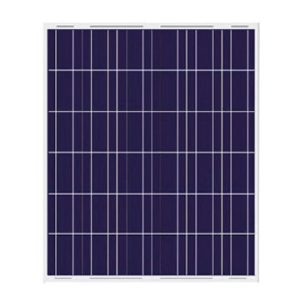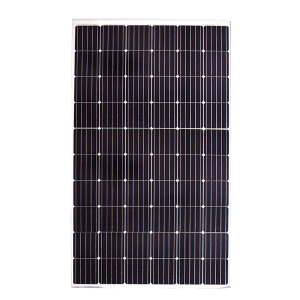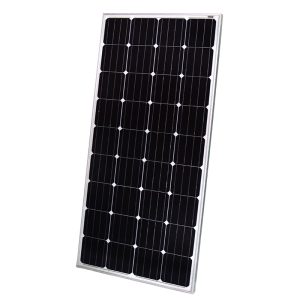Introduction
A 50 watt solar battery charger is a type of solar panel that is designed to recharge batteries using the power of the sun. These chargers are portable and can be used to charge a range of different batteries including those in cars, boats, and RVs. In this article, we will explore the many benefits of a 50 watt solar battery charger and how it can provide a cost-effective, sustainable, and reliable way to keep your batteries charged.
Benefits of a 50 Watt Solar Battery Charger
Cost-Effective
- Saves money on electricity bills and reduces energy costs
- No need to replace disposable batteries, which can be expensive
- Solar energy is free and renewable, making it a cost-effective way to power your batteries
Sustainable
- Solar energy is a clean and environmentally-friendly source of power
- Uses no fossil fuels, which reduces greenhouse gas emissions
- Solar panels have a long lifespan and require little maintenance
Reliable
- Provides a consistent and reliable source of power, even in remote locations
- Can be used to charge batteries in cars, boats, and RVs, making it a convenient way to stay powered on the go
- Works in all weather conditions, including cloudy and rainy days
Versatile
- Can charge a wide range of batteries of different sizes, voltages, and chemistries
- Provides an alternative to traditional chargers that require a power source, making it ideal for off-grid and remote applications
- Can be used for a variety of applications, including camping, hiking, and emergency power
What to Look for in a 50 Watt Solar Battery Charger
When choosing a 50 watt solar battery charger, there are several factors to consider to ensure you select the right one for your needs. These include:
Portability
- Look for a charger that is lightweight and easy to transport
- Consider the size of the charger and whether it can fit in your backpack or vehicle
Battery Compatibility
- Ensure that the charger is compatible with the type of battery you want to charge
- Check the voltage, amperage, and capacity requirements of your battery to ensure they match the charger’s specifications
Charging Time
- Look for a charger that can charge your battery quickly and efficiently
- Consider the charging time in relation to the amount of sunlight available in your location
Accessories
- Consider any additional accessories that may be required, such as cables, adapters, or charge controllers
- Look for a charger that comes with a warranty or money-back guarantee to protect your investment
Conclusion
A 50 watt solar battery charger is a versatile, cost-effective, and sustainable way to keep your batteries charged. It offers a reliable and consistent source of power, even in remote locations, and can be used for a variety of applications. When choosing a charger, consider factors such as portability, battery compatibility, charging time, and accessories to ensure you find the right one for your needs. By investing in a 50 watt solar battery charger, you can save money on electricity bills, reduce your carbon footprint, and enjoy the benefits of renewable energy.
Sure, here are three popular FAQs with answers for a 50 Watt Solar Battery Charger:
Q1: Can a 50 Watt Solar Battery Charger charge my phone?
A: Yes, a 50 Watt Solar Battery Charger can charge most phones if it has a USB port. However, keep in mind that charging times may vary depending on how much sunlight is available and the type of battery in your phone.
Q2: How long will it take to fully charge a 12V battery with a 50 Watt Solar Battery Charger?
A: It depends on the capacity of your battery and the amount of sunlight available. In general, a 50 Watt Solar Battery Charger can take anywhere from 8 to 10 hours to charge a 12V battery fully. However, this time can vary considerably depending on factors such as weather conditions and the type of battery you are using.
Q3: Can a 50 Watt Solar Battery Charger power a small appliance like a mini-fridge?
A: It depends on the wattage of the appliance and the capacity of the solar battery charger. Appliance wattage typically varies from 50W to 200W, and Solar Battery Charger capacities can vary from 50W to 200W or more. If the appliance wattage and Solar Battery Charger capacity are compatible, then the charger can power the appliance. However, keep in mind that the charging time will be slower than when used to charge a battery, and the charger may not be able to provide continuous power to the appliance due to inconsistent sunlight.



